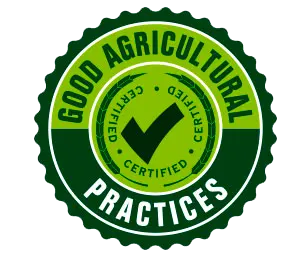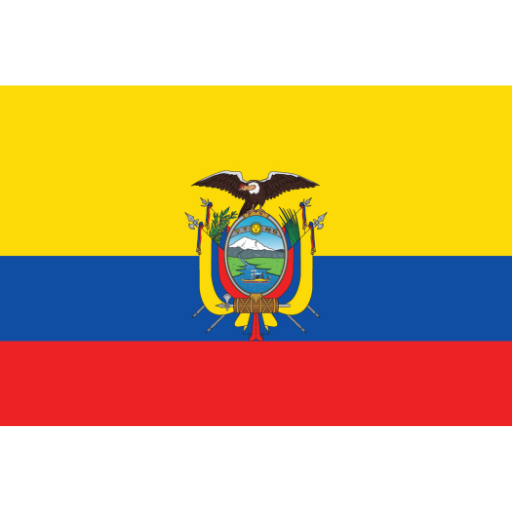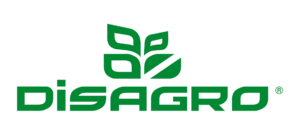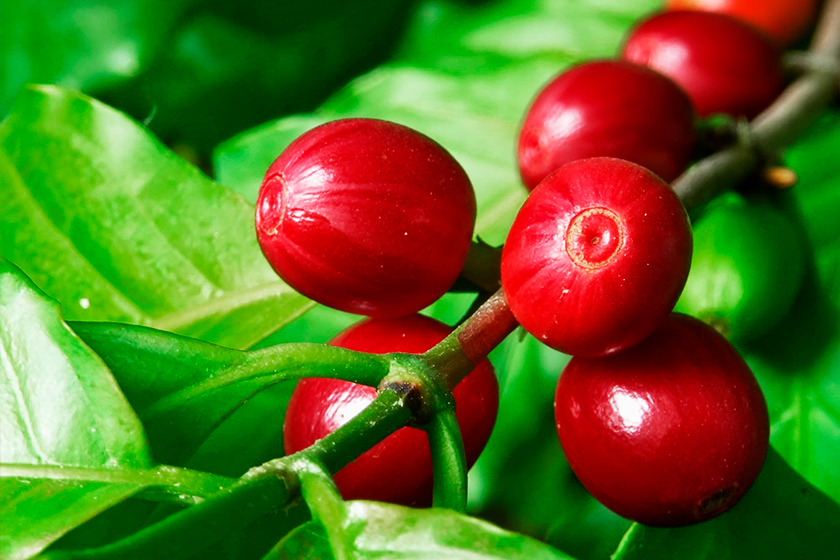Certifications
We support our customers in implementing best agricultural practices to ensure safe products and a sustainable operation.
This service determines the degradation or dissipation behavior of an active ingredient within the plant, with the objective of reducing the risk that the harvested fruit will register residual values higher than the maximum residue limit (MRL) defined for that active ingredient.
The degradation of a pesticide within the plant responds to factors specific to the crop and its environment, in addition to the intrinsic characteristics of its chemical nature and type of formulation. Other factors such as technique, dosage and number of applications determine the speed of degradation. Failure to comply with the maximum residue limits may compromise export or commercialization due to infringements of the legislation.
The benefits of this service are:
- Establish the behavior of pesticide dissipation until harvest based on specific and particular management practices of an operation.
- Contribute to a more accurate and technical management to avoid unexpected residues.
- To offer a higher level of confidence in the agricultural and commercial operation.
Within the export trade dynamics, most of the time, the fruits or vegetables that are traded are purchased from different producers and then stockpiled. In these cases, the exporter needs to monitor to make sure that what is being stockpiled complies with the legislation in terms of the maximum limit of pesticide residues.
The objective of this service is to provide a representative monitoring tool at the port of origin to ensure that fresh fruits and vegetables meet the established requirements for phytosanitary residues or other micropollutants.
With this service, we support the adoption of the best agricultural management programs, implementing the best practices to ensure the safety of the products and the sustainability of the operation.
Verification and documentation of the processes carried out in production are essential components for the commercialization of fresh produce for export.
To respond to this need, DISAGRO has trained technical personnel, complemented by independent consultants who have been trained and approved by internationally recognized institutions.






